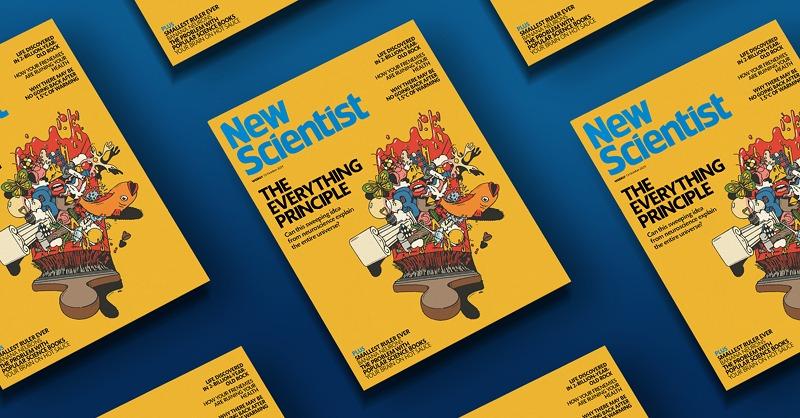


The best place to find out what’s new in science – and why it matters
198 persone piace questo elemento
0 Articoli
0 Foto
0 Video



